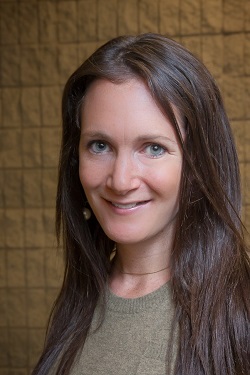
AMERICAN POLITICS & PUBLIC POLICY WORKSHOP
Abstract: Democracy requires that citizens hold their representatives accountable for their actions – but it is not always easy to know which level of government is to blame. Amid the decentralized response to the spread of COVID-19, public health measures varied widely across American cities and states—sometimes coming from Governors, sometimes from Mayors, and sometimes not at all. With scarce information about which level of government enforces local restrictions, we expect that most Americans rely instead on party attachments as they evaluate the governmental response to COVID-19. To test our theories, we administered a survey to 800 adults from approximately as many cities and towns across America. We find that, 9 months into the pandemic, Americans have no clear sense of which level of government is responsible for preventative measures in their local communities. As Americans grow more opposed to the policies in their communities, they instead become more likely to blame whichever level of government that is aligned with the out-party. These patterns are most pronounced among Democrats and Republicans who hold the most animosity toward the out-party. Overall, our data show that citizens attribute credit and blame on governmental partisanship, not their actual policy portfolio. This suggests that when polarization collides with de-centralized policy-making, democratic accountability becomes increasingly difficult to sustain.
Samara Klar is an Associate Professor at the University of Arizona School of Government and Public Policy. Her work, primarily based on survey and experimental methods, examines the social and personal influences that guide political attitudes and behaviors.
This virtual workshop is open to the Yale community. To receive Zoom information, you must subscribe to the American Politics & Public Policy Workshop. Please subscribe at this link: https://csap.yale.edu/american-politics-public-policy-workshop.
